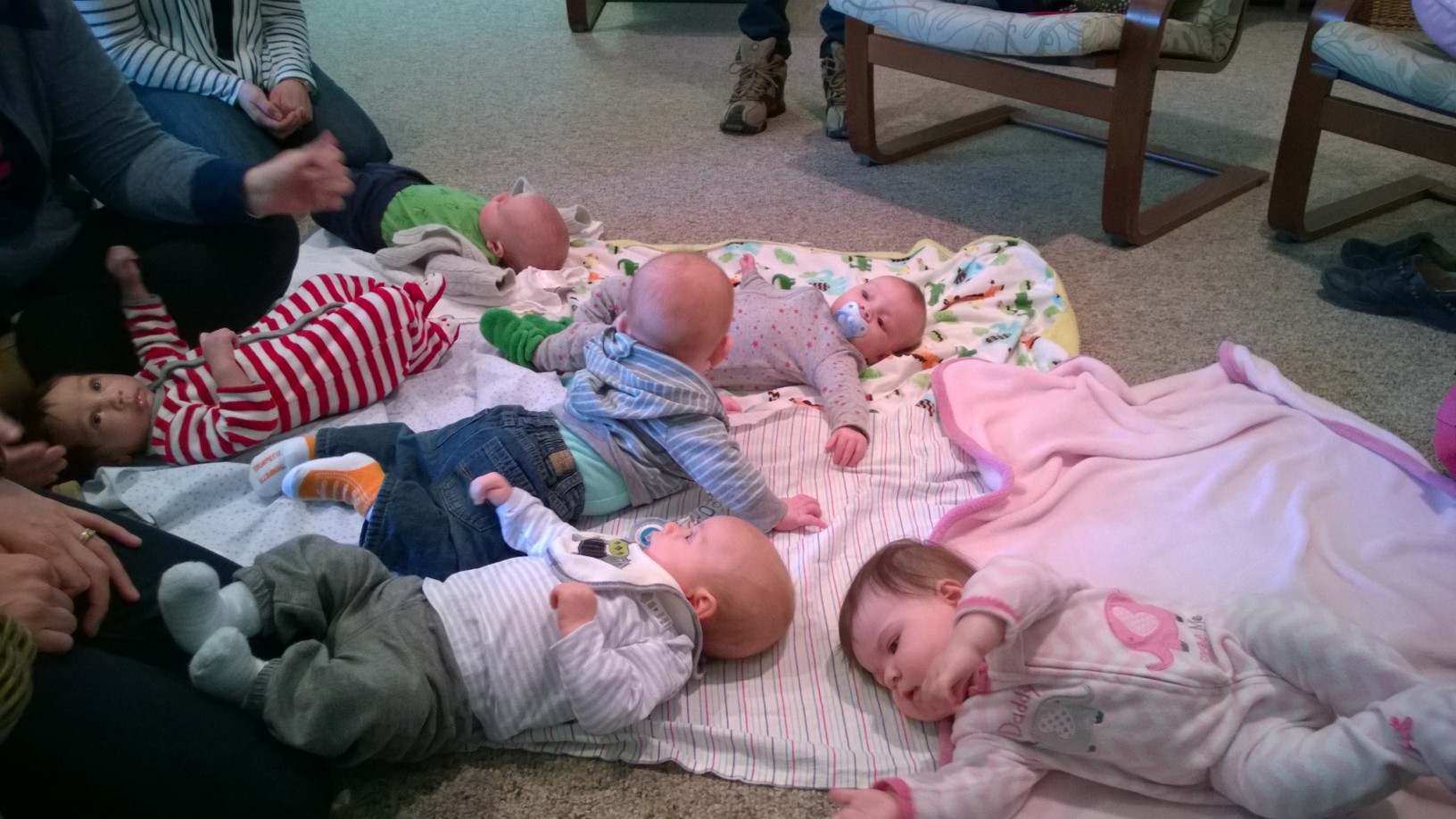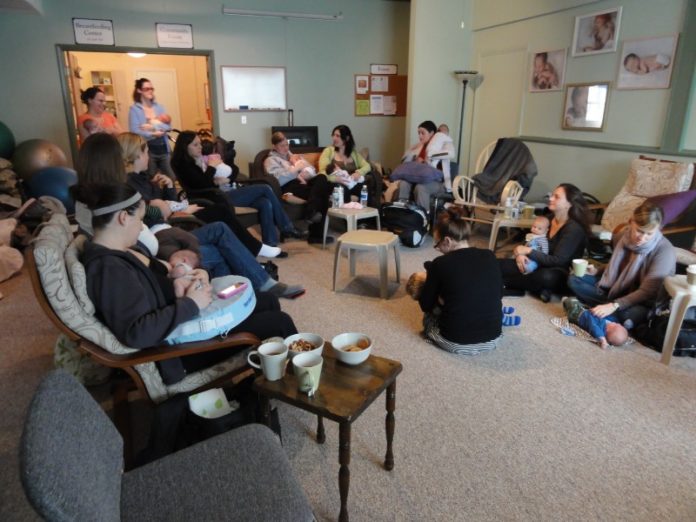Bobbie, a new Vermont-based European-style formula company, is debuting in the United States and wants to “start a conversation” on infant feeding. The new organic formula manufacturer recently introduced their marketing strategy with the howisfeedinggoing.com “movement.” This movement is aimed at discussing various situations that parents may encounter when making the decision on how to best feed their infant.
Breastfeeding vs. Formal Feeding
Formula feeding versus breastfeeding has long been a debated topic. Is it merely a matter of preference, like paper or plastic? Or is there something more at stake?
“When we talk about ‘preferred’, it sounds like breastfeeding is the same as cloth diapers versus paper diapers. It’s like a lifestyle choice versus breastfeeding is a public health issue,” said Barbara Roberston, IBCLC at the Breastfeeding Center of Ann Arbor. “We know science definitely supports this.”
Formula companies in the United States spend over $400 million dollars a year marketing their products. Bobbie hopes to break into this market with their organic product aimed at a consumer who, for various reasons, chooses formula over breastfeeding options.
“Bobbie is coming to the US because we do allow formula companies to market their products here, whereas in Europe and other countries, it is considered illegal to market to families. They are coming looking for new markets.”
Robertson agrees that there needs to be more conversation on breastfeeding, formula feeding, and the health implications.
“I think we need to change the dialogue. We are not talking about it being warm and cuddly. We think it is a health imperative, just like the COVID vaccine. We are doing this to make our population healthier. That is how breastfeeding should be viewed.”

Breastfeeding Recommendations
The American Academy of Pediatrics recommends breastfeeding infants for at least one year, and studies show that nearly 85 percent of expectant parents wish to breastfeed. However, as many as fifty percent will give up within the first six months because they cannot reach their goals.
“I think it is so important that we never blame an individual family for not being able to reach their goals because there are so many barriers. It is a cultural issue. It is not an individual issue.”
Robertson cites the need for more support from insurance companies, doctors and midwives, and even legislators. The United States has no parental leave policy, making it difficult to juggle breastfeeding with full-time employment.
“They blame themselves rather than blaming the health system,” she said. “Doctors are happy to tell us not to smoke or drink during pregnancy, yet they are not recommending breastfeeding for health reasons because they say they don’t want to make people feel guilty. With drinking, smoking, or car seats, we have no issue with guilt. Why would we not be pushing something that could save babies’ lives and parents’ lives? It’s just such a critical issue.”
Conclusions
Robertson also pointed out the cultural impact on formula feeding versus breastfeeding.
“The sad truth is that it is also a social justice issue because when you have fewer resources, you tend to be less likely to breastfeed, which means your baby is more at risk for many health issues that can happen when they are an infant, but also when they are older. Also, when you are formula-feeding your baby and you are getting public assistance, at six months of age WIC stops paying for formula, yet infants need formula for six months to one year of age.”
“I am all in favor of healthier infant formulas,” Robertson said. “European products are a healthier product in my mind. There is so much more oversight. But this conversation is going to be among rich people who can afford this formula. Formula is already expensive, but this is going to be even more expensive.”
Parents will continue to make the feeding decisions that are best for their families. Robertson hopes that increased awareness and support will help in the decision-making process.
“I think that breastfeeding can be really hard, and it is one of those things that we go from doing ‘not at all’ to doing 24/7, ten to twelve times a day, and it is very overwhelming,” Robertson admits. “Until our families start getting the support they need to make the transition, it is going to be very, very challenging.”


